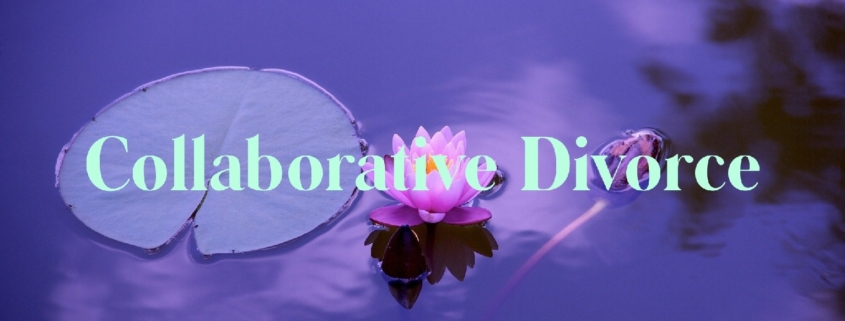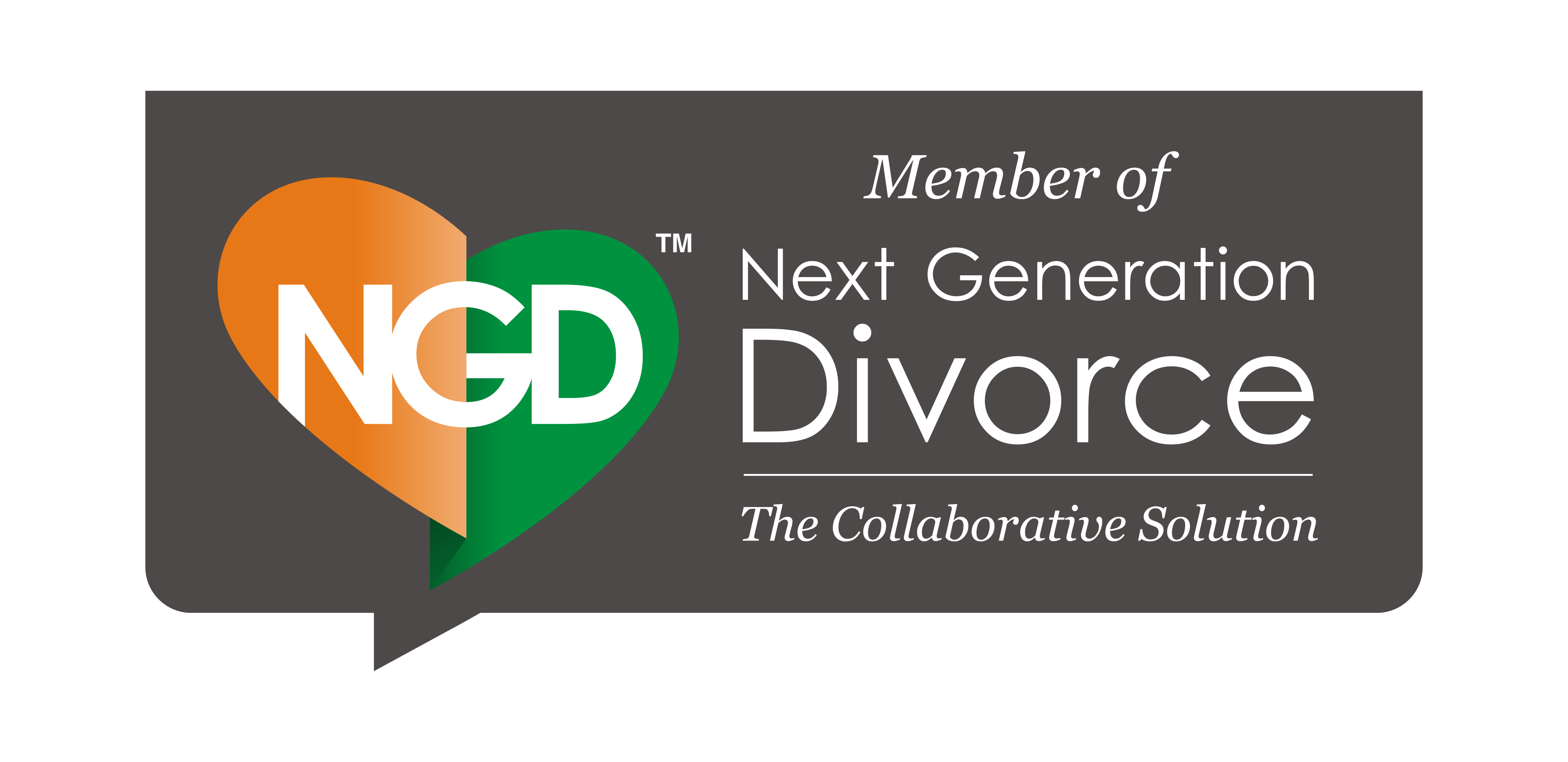Collaborative Divorce: An Unbundled Legal Service
Traditionally, divorce has been an adversarial process, with lawyers making arguments in front of a judge about what his or her client should get. And yet, you are probably not looking to get in a prolonged battle with your spouse; rather, you are likely looking to move on with your life and ensure your kids do not get caught in the middle. This is why I specialize in Collaborative Divorce, which unbundles divorce negotiations from the adversarial court process. In effect, I am a resolution specialist.
Collaborative Divorce Basics
Collaborative Divorce starts with a basic concept: You and your spouse have separate lawyers, and the lawyers are there solely to reach an out-of-court agreement. In fact, Collaborative Lawyers are prevented from going to Court once you and your spouse agree to the Collaborative Process. This means that no time, money, or energy is spent engaging in litigation tactics such as depositions, motion practice, or continuous contested court hearings.
It also means that if either spouse wants to end the process, both Collaborative Lawyers must withdraw, and each spouse can engage litigators. Fortunately, a study by the International Academy of Collaborative Professionals showed that 88% of respondents’ Collaborative Process ended in a full resolution of all issues or reconciliation. My own experience is that approximately 93% of my Collaborative matters have ended in a full resolution. So we cannot guarantee a full resolution for your family, but chances are that if you start down the Collaborative path, you and your spouse will be able to reach an agreement.
Collaborative Divorce also oftentimes engages other experts, such as Facilitators with training in communication and childhood development, and financial professionals to help ensure full financial disclosure and develop options that meet your family’s needs.
Unbundling Resolution from Court Battle
Fortunately, Florida has recognized the need for alternatives to traditional court battles. In a 2001 Report of the Family Court Steering Committee, the Supreme Court of Florida determined that family cases needed “a system that provided nonadversarial alternatives and flexibility of alternatives; a system that preserved rather than destroyed family relationships;…and a system that facilitated the process chosen by the parties.” In 2012, the Thirteenth Judicial Circuit entered an Administrative Order supporting Collaborative Family Law Practice. In 2016, the Collaborative Law Process Act was signed into law, and in 2017 Collaborative Law Rules were approved by the Florida Supreme Court.
Collaborative Divorce as an unbundled legal service is also permitted by Rule 12.040 of the Florida Family Law Rules of Procedure. Rule 12.040 allows us lawyers to limit our scope of representation, with the consent of the client. In the case of Collaborative Divorce, our role is limited to helping you reach an out-of-court resolution, giving you the security of knowing we are not going to drag your family through a public, adversarial hearing.
Collaborative Divorce: Next Steps
If you are considering divorce, speak with a Collaborative Professional to learn all about your options. Not all divorce lawyers are collaboratively-trained; if you choose a divorce lawyer that is court-oriented, then your family is more likely to end up in court.
Adam B. Cordover is a member of the Board of the International Academy of Collaborative Professionals and a co-author of an American Bar Association book on Collaborative Family Law Practice. He trains judges, general magistrates, lawyers, mental health professionals, and financial professionals in the Collaborative Process. Adam is accepting Collaborative matters throughout the State of Florida.





